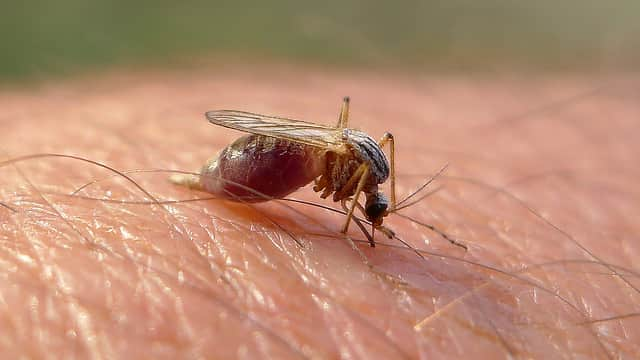Scientists Genetically Engineer Mosquitoes That Can’t Transmit Malaria
OutdoorHub Reporters 06.15.12

Scientists at the University of California Irvine and the Pasteur Institute in Paris may have successfully engineered a mosquito that kills malarial antibodies before they can be passed on to another human.
Professor Anthony James from UC Irvine focuses his studies on mosquito genetics. This year, Prof. James, along with scientists from the aforementioned institutes, began experimenting with mice and mosquitoes. They began with mice infected with the Plasmodium falciparum parasite, which causes malaria. The mice killed the parasites by creating antibodies in their immune system. The scientists identified the molecular components of this immune response. From there, they altered the gene of the Anopheles stephensi mosquito to create the same parasite-killing effect.
Reportedly, the technique can be used on many different types of mosquitoes who normally act as carriers of the parasite without being affected themselves. Ultimately, that might mean that people will not have to worry about malaria again, once enough of the genetically modified mosquitoes are out in the wild as they will automatically kill the parasite themselves.
James is known for having genetically modified Aedes aegypti mosquitoes last year so that females are born without wings, rendering them incapable of procuring food so they die. The idea with those genetically modified mosquitoes is that the winged males will breed with winged females out there, causing the newborn females to be born without wings and ultimately kill out the mosquito as we know it over the course of a few generations.
The abstract of James’s research can be found in the journal Proceedings of the National Academy of Sciences.

